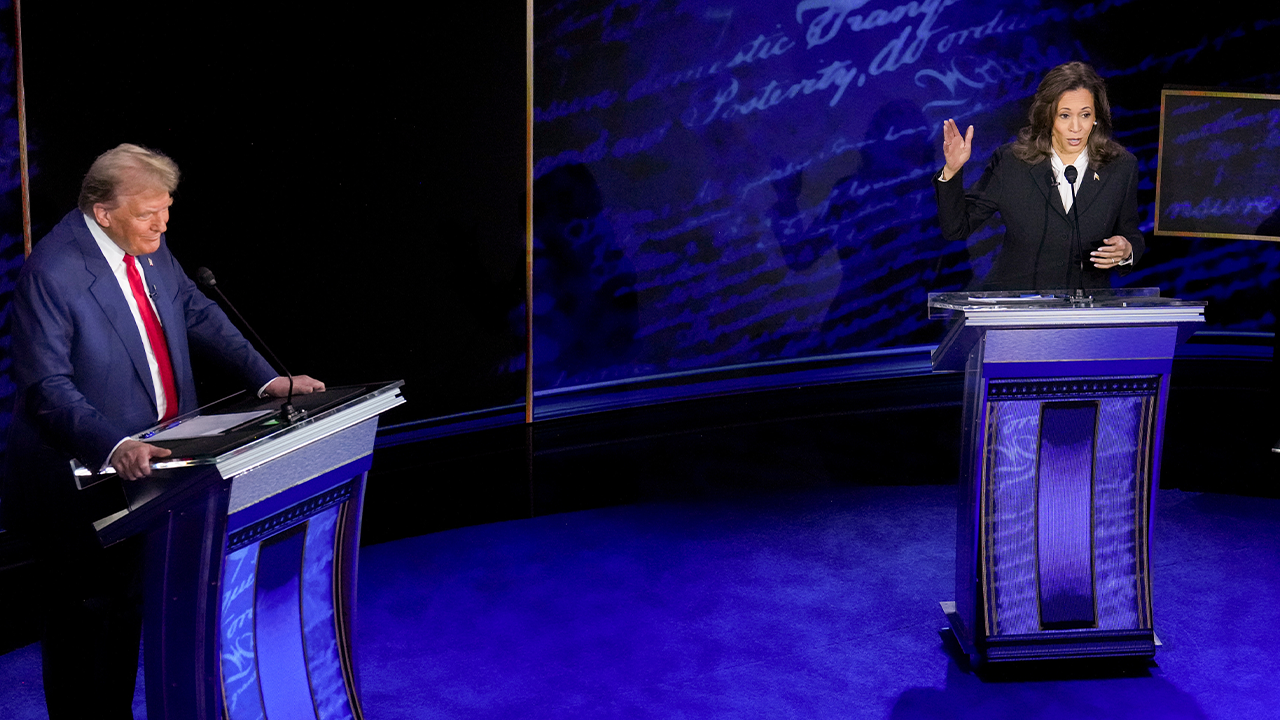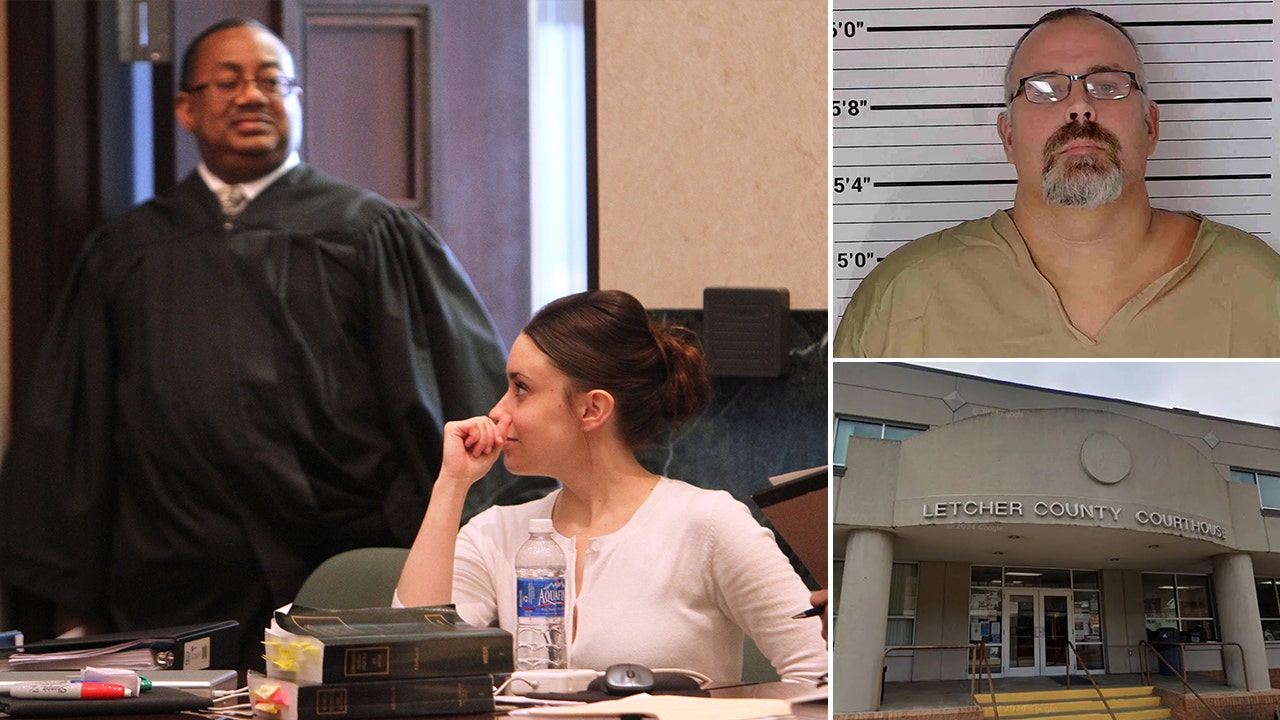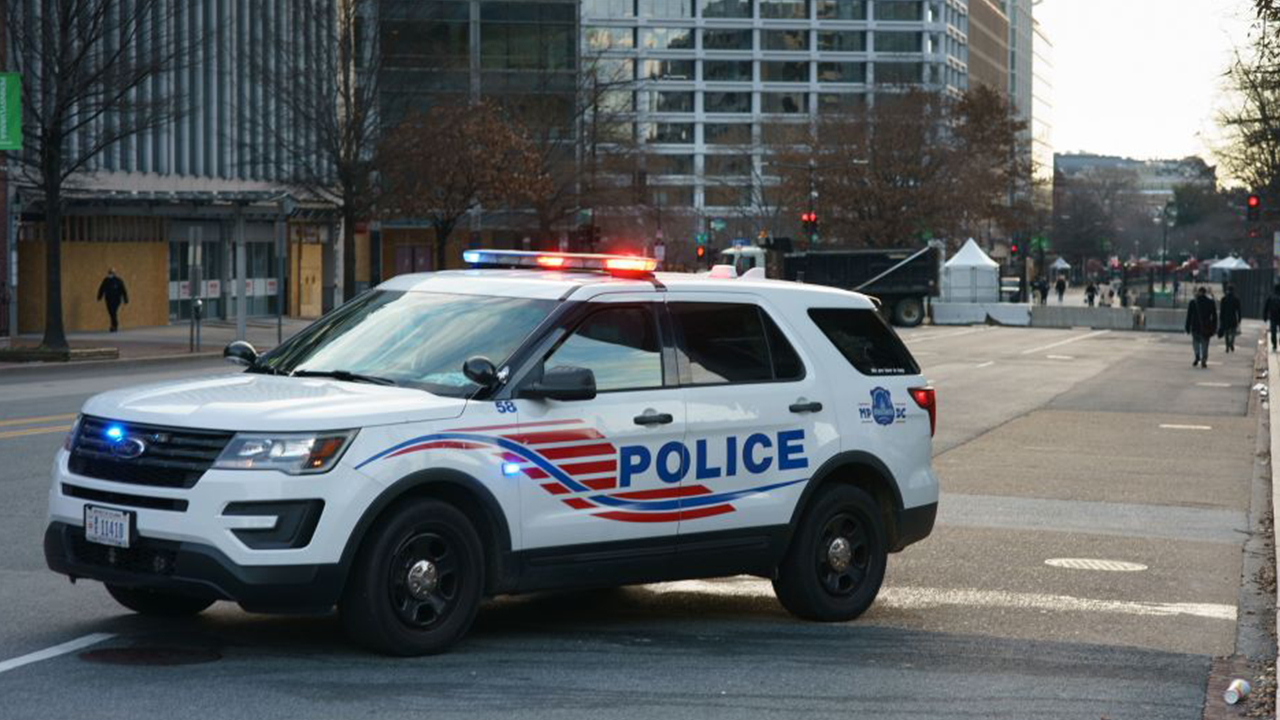The Senate today overwhelmingly approved a critical procedural move to tee up the final passage of the long-stalled $95.3 billion package of aid to Ukraine, Israel and Taiwan. Senators are expected to pass the package as early as tonight, and President Biden said he would quickly sign it.
After the bills become law, shipments of American weapons could begin flowing to Ukraine, including air-defense missiles and artillery ammunition that Ukrainian officials say are badly needed. Some of the aid could be sent from the Pentagon’s stockpiles in Germany and shipped by rail to the Ukrainian border. “We can move within days,” a Pentagon spokesman said.
The anticipated aid — the first significant new U.S. package for Kyiv in 16 months — was celebrated in Ukraine. Lawmakers in the Ukrainian Parliament held up American flags inside their chamber. Our Kyiv bureau chief, Marc Santora, talked to troops who described a teary response to the news.
“What this has done is provided a much-needed boost for the morale of both Ukrainian soldiers on the front and civilians living under the threat of near-nightly Russian drone and missile bombardments,” Marc said. However, he added, military analysts think it will take a month or two before Ukraine receives enough new supplies to change the dynamic of the war.
A publisher testified that Trump asked for campaign help
A witness in Donald Trump’s criminal trial pulled back the curtain today on what prosecutors claim was a conspiracy to influence the 2016 presidential election.
The witness, David Pecker, the ex-publisher of The National Enquirer, described a 2015 meeting with Trump and his fixer, Michael Cohen. Pecker said the men had asked him what he and his magazines could do “to help the campaign,” which the prosecution could use to convince the jury that Trump’s hush-money payments were meant to help his presidential bid.
Also at the trial, Trump’s lead lawyer and the judge clashed over a gag order prosecutors said he had violated. The judge did not rule, but he questioned the credibility of Trump’s lawyer.
The F.T.C. banned worker noncompete clauses
The Federal Trade Commission announced today that it would ban employers from using so-called noncompete clauses, which limit their workers’ abilities to work for rivals. The agency argued that the sweeping change, which would take effect in about four months, could help raise wages by forcing companies to compete harder for talent.
The U.S. Chamber of Commerce vowed to sue the F.T.C. to block the proposal, calling it “an unlawful power grab.” Employers have argued that the noncompete clauses help protect trade secrets.
D.O.J. to pay $139 million for failures in Nassar case
The Justice Department said today that it would pay $138.7 million to resolve 139 claims by young women who were abused by the former U.S.A. Gymnastics doctor Lawrence Nassar. The settlement stemmed from the F.B.I.’s failure to promptly investigate credible claims that Nassar had sexually assaulted many women and girls under the guise of treatment.
The settlement is most likely the end of a yearslong effort by the gymnasts — including the Olympic gold medalists Simone Biles, McKayla Maroney and Aly Raisman — to achieve a measure of justice and public recognition that the institutions entrusted to protect young female athletes failed them.
More top news
‘Tortured Poets’ shifted the Taylor Swift discussion
Taylor Swift’s newest album, “The Tortured Poets Department,” is a 31-song excavation of her recent relationships seemingly tailor-made for her most obsessive fans. But it has proved less universally loved than some of her previous work. Our music writers discussed their views of the album, and how Swift’s narrative continues to change.
“Swift is someone who thrives off feeling underestimated and misunderstood, so maybe the mixed reception of this album will be the creative rocket fuel that launches her into her next era,” our music critic Lindsay Zoladz said.
An art exhibit disguised as a gift shop
The Walker Art Center, a contemporary art museum in Minneapolis, has a new gift shop. But instead of selling trinkets or T-shirts, the store aims to contribute to the world of modern design and show how artistic objects can fit in anyone’s home.
The store, called Idea House 3, includes classics such as Frank Gehry’s Wiggle Side Chair and glossy Panton chairs, and creations from emerging Midwest designers such as the Ghost Garden table from Ayako Aratani (of Detroit) and the octopuslike home objects of Daniel Shapiro (of St. Louis).
For more: My colleagues put together a guide of exhibitions to visit this year at museums across the country.
Shakespeare’s birthplace? ’Tis possibly true.
Today was the biggest day of the year for the English town of Stratford-upon-Avon. Legend says that on this day — or at least this month — 460 years ago, William Shakespeare was born there. A building in the town thought to be Shakespeare’s exact birthplace has become one of Britain’s most popular tourist destinations, drawing up to three million visitors a year.
The issue: No one really knows where Shakespeare was born. Still, the town relies heavily on maintaining the legend, which is based in part on the location of a dung heap. We traveled there and heard what experts had to say.
Have a poetic evening.
Thanks for reading. Daniel E. Slotnik contributed to this newsletter. I’ll be back tomorrow. — Matthew
We welcome your feedback. Write to us at evening@nytimes.com.






